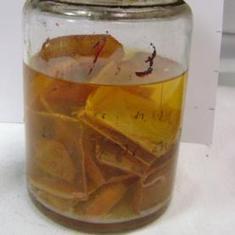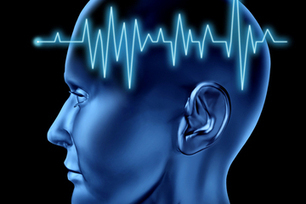Extracting DNA from a museum collection of jellied autopsied brains dating back to the 1890s may give researchers a new take on the study mental disorders...
Get Started for FREE
Sign up with Facebook Sign up with X
I don't have a Facebook or a X account

 Your new post is loading... Your new post is loading...
 Your new post is loading... Your new post is loading...
Hilary J.'s curator insight,
February 13, 2014 8:10 PM
The field of research on brain chemistry and mental illness is still young, though the research that has been done is promising. This new field is allowing clinicians to develop different and more effective treatments for several mental illnesses. Specifically, research on childhood anxiety and brain structure has shown that anxiety experienced in childhood may change the way that the amygdala connects to other regions of the brain. The amygdala plays a role in emotion regulation and is considered to be part of the limbic system. This finding can possibly explain how early life stresses contribute to future emotional and behavioral issues. If anxiety can be traced back to childhood, then treatment interventions as an adult may be different then if anxiety wasn't experienced in childhood. |
|










